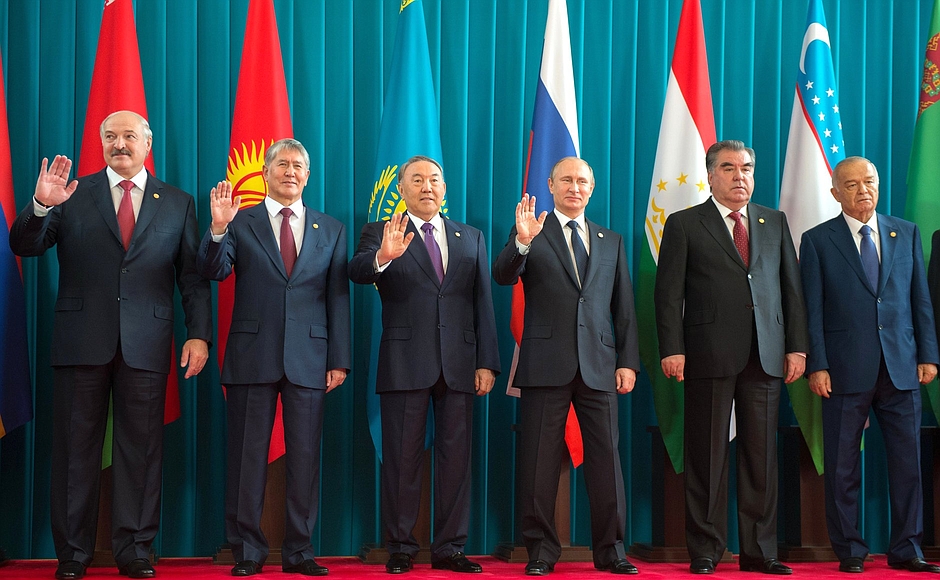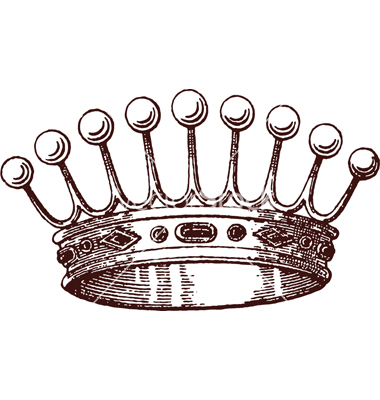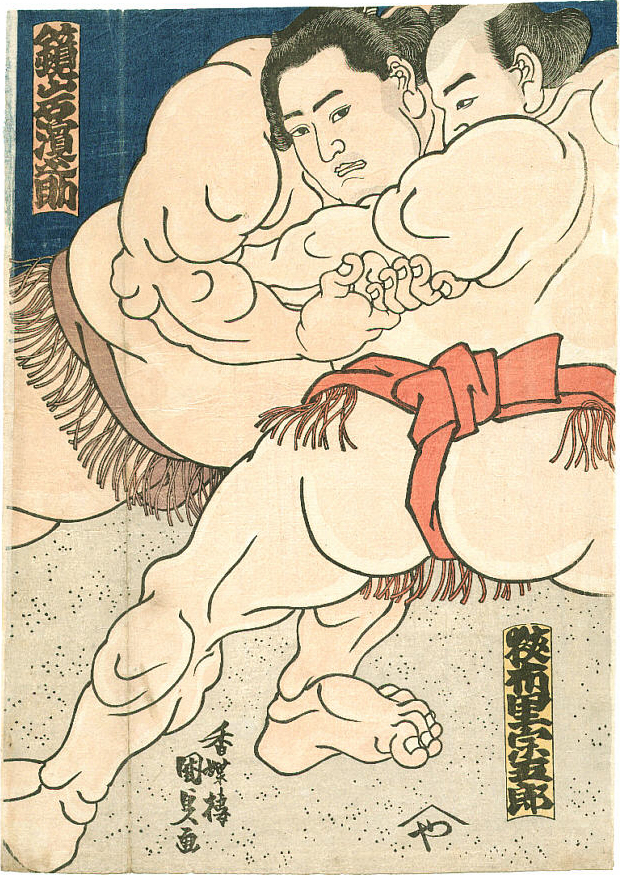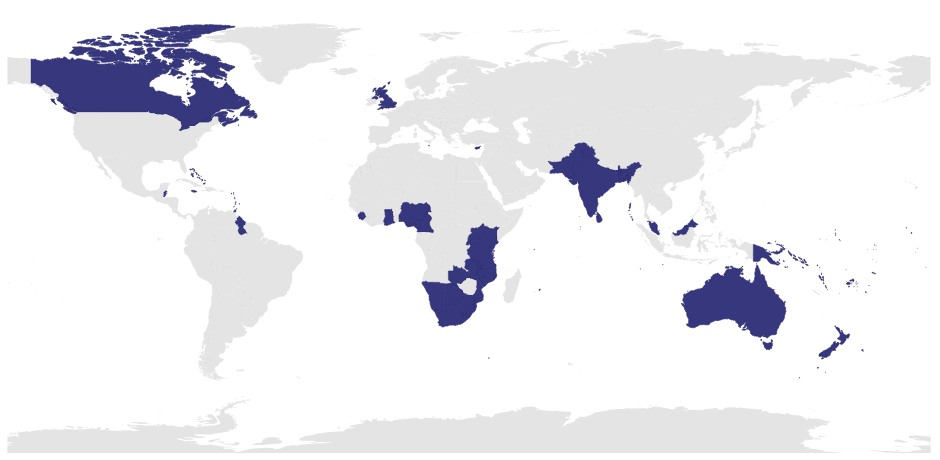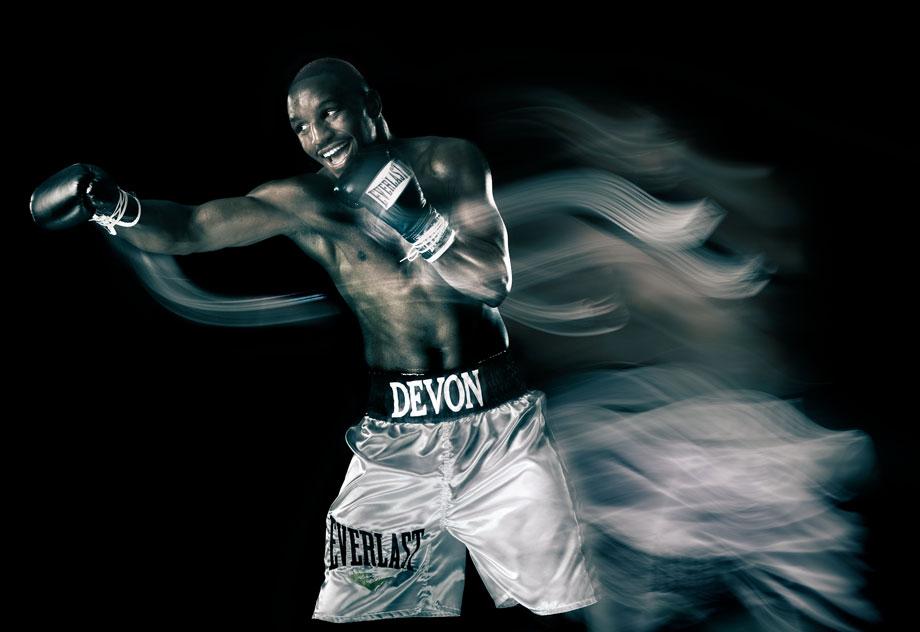Souvenir Sheet: British Commonwealth Day (Tanzania 1983)
British Commonwealth Day (Tanzania 1983)
14 March (Tanzania ) within release British Commonwealth Day goes into circulation Souvenir Sheet British Commonwealth Day face value 16.50 Tanzanian shilling
| Souvenir Sheet British Commonwealth Day in catalogues | |
|---|---|
| Michel: | Mi:TZ BL32 |
Souvenir Sheet is horizontal format.
Also in the issue British Commonwealth Day:
- Souvenir Sheet - British Commonwealth Day face value 16.50;
- Stamp - President Julius K. Nyerere face value 50;
- Stamp - Runners, Boxer face value 1;
- Stamp - Flags of the Commonwealth Nations face value 5;
- Stamp - President J.K. Nyerere, English Royal Family face value 10;
Souvenir Sheet British Commonwealth Day it reflects the thematic directions:
A head of state (or chief of state) is the public persona that officially represents the national unity and legitimacy of a sovereign state. In some countries, the head of state is a ceremonial figurehead with limited or no executive power, while in others, the head of state is also the head of government. In countries with parliamentary governments, the head of state is typically a ceremonial figurehead that does not actually guide day-to-day government activities and may not be empowered to exercise any kind of secular political authority (e.g., Queen Elizabeth II as Head of the Commonwealth). In countries where the head of state is also the head of government, the president serves as both a public figurehead and the actual highest ranking political leader who oversees the executive branch (e.g., the President of the United States).
A Royalty is the immediate family of a king or queen regnant, and sometimes his or her extended family. The term imperial family appropriately describes the family of an emperor or empress, and the term papal family describes the family of a pope, while the terms baronial family, comital family, ducal family, grand ducal family, or princely family are more appropriate to describe the relatives of a reigning baron, count, duke, grand duke, or prince. However, in common parlance members of any family which reigns by hereditary right are often referred to as royalty or "royals." It is also customary in some circles to refer to the extended relations of a deposed monarch and his or her descendants as a royal family. A dynasty is sometimes referred to as "the House of ...". As of July 2013, there are 26 active sovereign monarchies in the world who rule or reign over 43 countries in all
A flag is a piece of fabric (most often rectangular or quadrilateral) with a distinctive design that is used as a symbol, as a signaling device, or as decoration. The term flag is also used to refer to the graphic design employed, and flags have since evolved into a general tool for rudimentary signalling and identification, especially in environments where communication is similarly challenging (such as the maritime environment where semaphore is used). National flags are patriotic symbols with varied wide-ranging interpretations, often including strong military associations due to their original and ongoing military uses. Flags are also used in messaging, advertising, or for other decorative purposes. The study of flags is known as vexillology, from the Latin word vexillum, meaning flag or banner.
Sports, are all usually forms of competitive physical activity or games which, through casual or organised participation, aim to use, maintain or improve physical ability and skills while providing enjoyment to participants, and in some cases, entertainment for spectators. Usually the contest or game is between two sides, each attempting to exceed the other. Some sports allow a tie game; others provide tie-breaking methods, to ensure one winner and one loser. A number of such two-sided contests may be arranged in a tournament producing a champion. Many sports leagues make an annual champion by arranging games in a regular sports season, followed in some cases by playoffs. Hundreds of sports exist, from those between single contestants, through to those with hundreds of simultaneous participants, either in teams or competing as individuals. In certain sports such as racing, many contestants may compete, each against each other, with one winner.
Running is a method of terrestrial locomotion by which humans and other animals move rapidly on foot. Running is a gait with an aerial phase in which all feet are above the ground (though there are exceptions). This is in contrast to walking, where one foot is always in contact with the ground, the legs are kept mostly straight, and the center of gravity vaults over the stance leg or legs in an inverted pendulum fashion. A feature of a running body from the viewpoint of spring-mass mechanics is that changes in kinetic and potential energy within a stride co-occur, with energy storage accomplished by springy tendons and passive muscle elasticity. The term "running" can refer to a variety of speeds ranging from jogging to sprinting.
Boxing (also known as "western boxing" or "pugilism") is a combat sport and a martial art in which two people, usually wearing protective gloves and other protective equipment such as hand wraps and mouthguards, throw punches at each other for a predetermined amount of time in a boxing ring.

